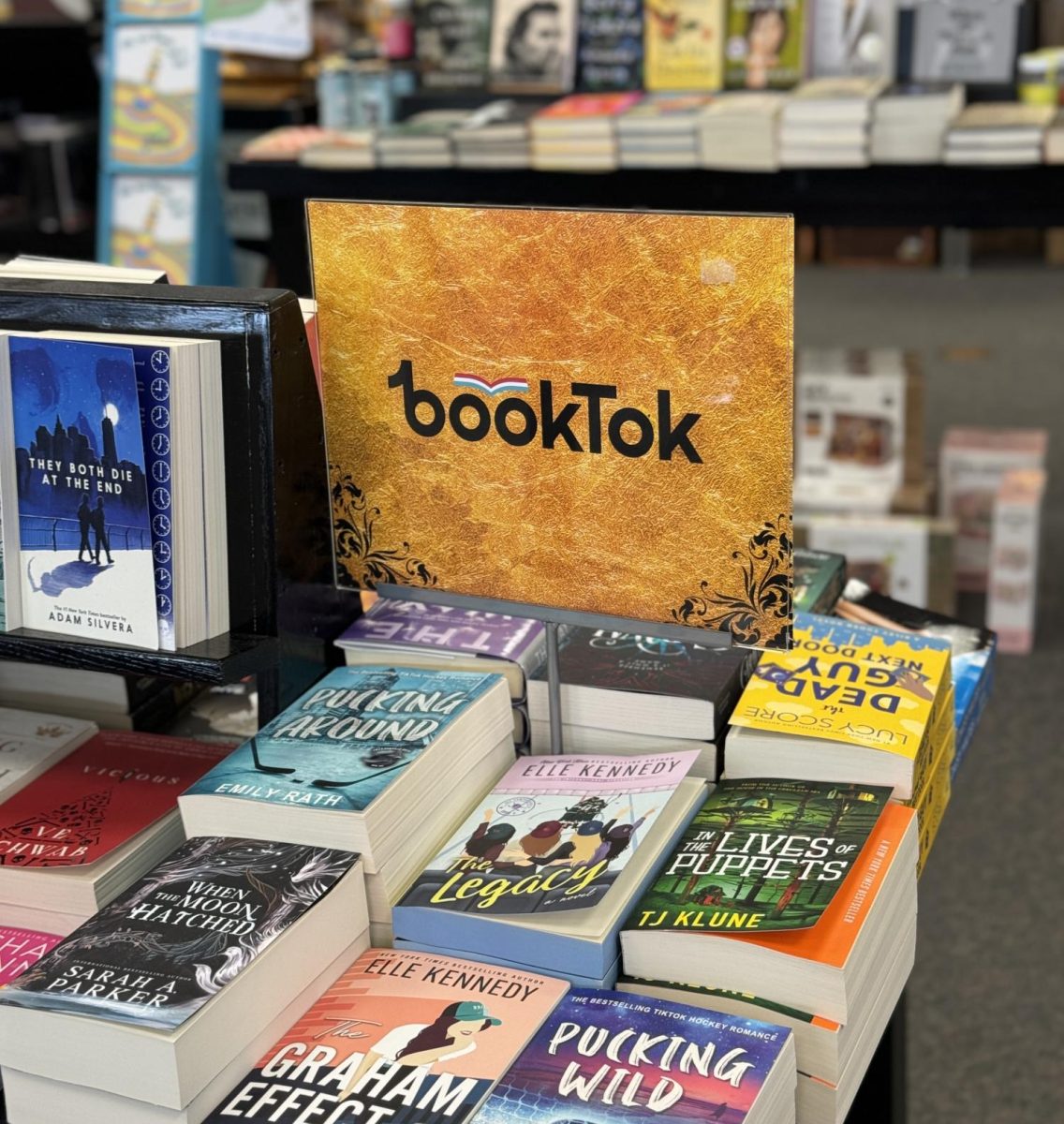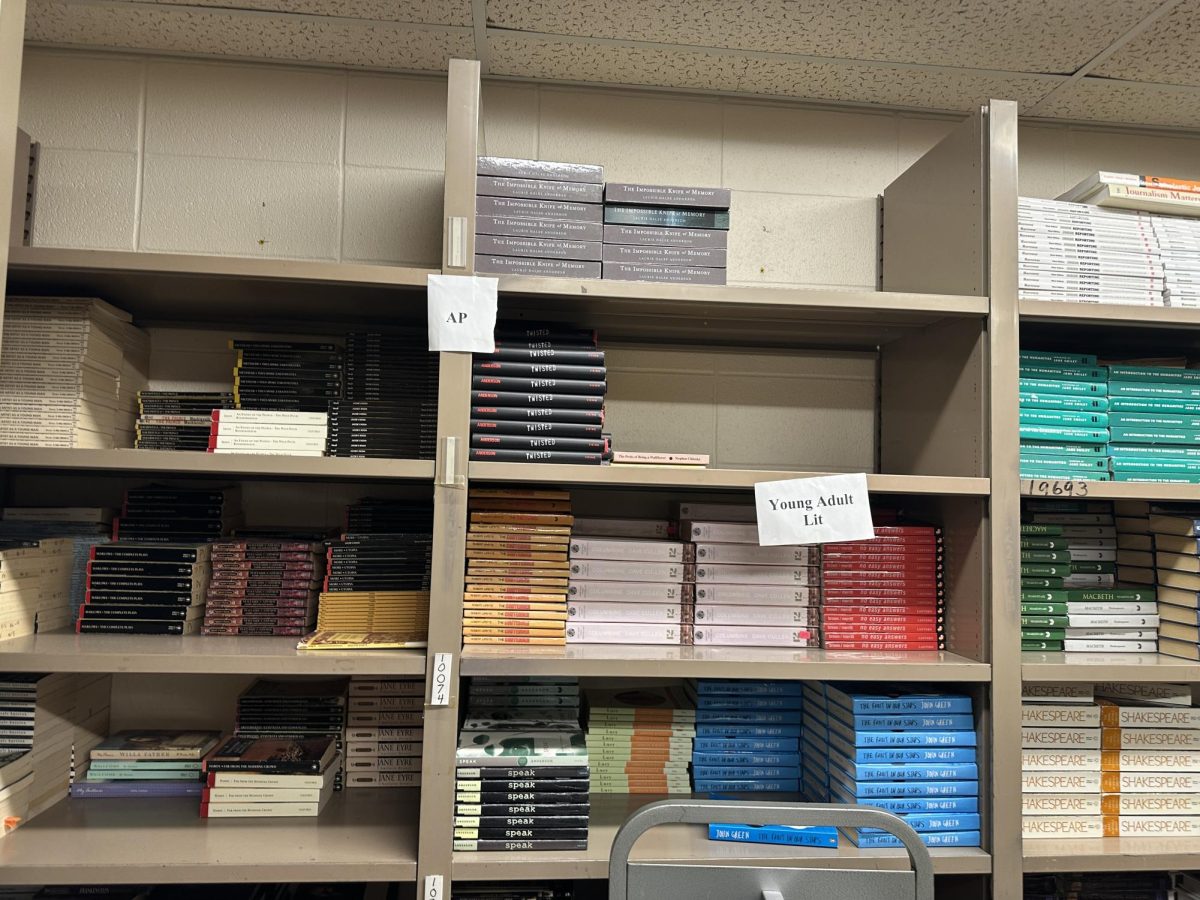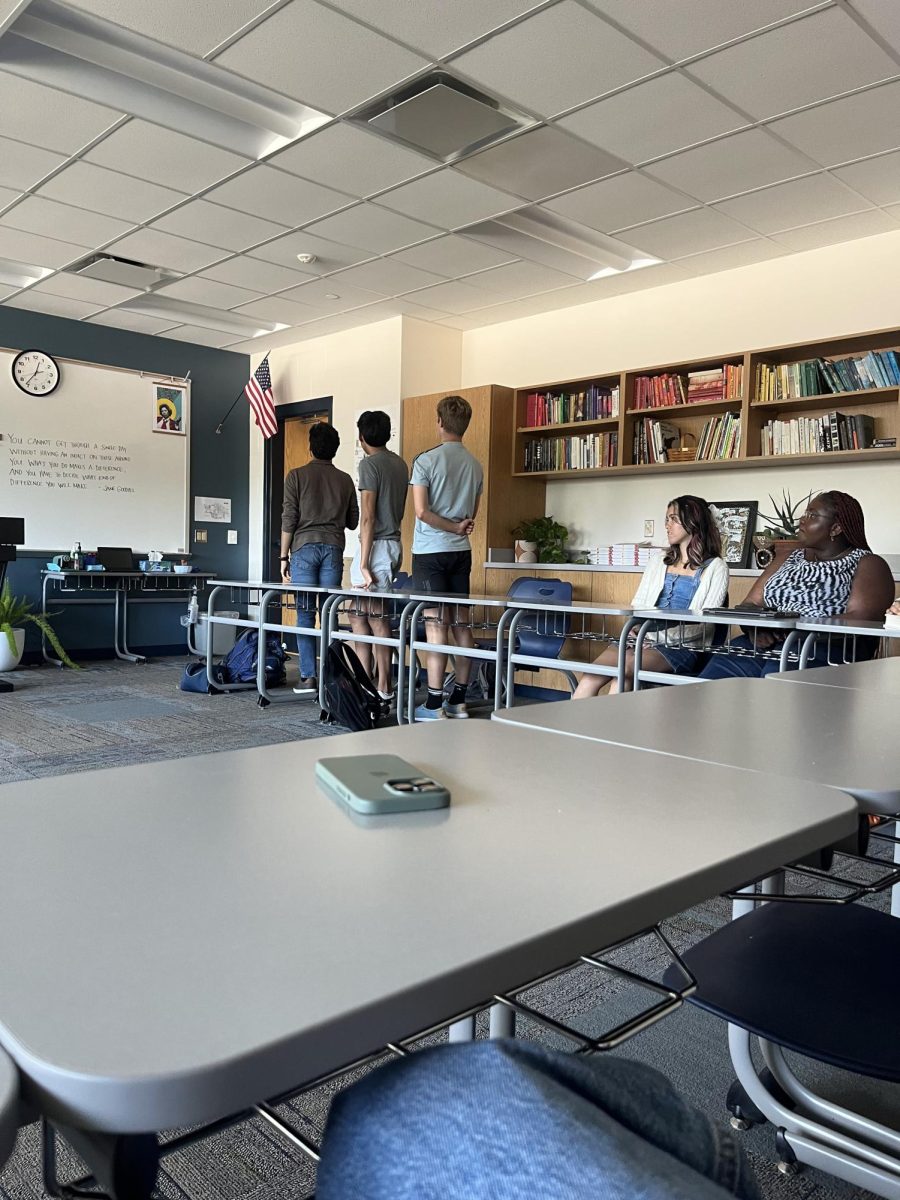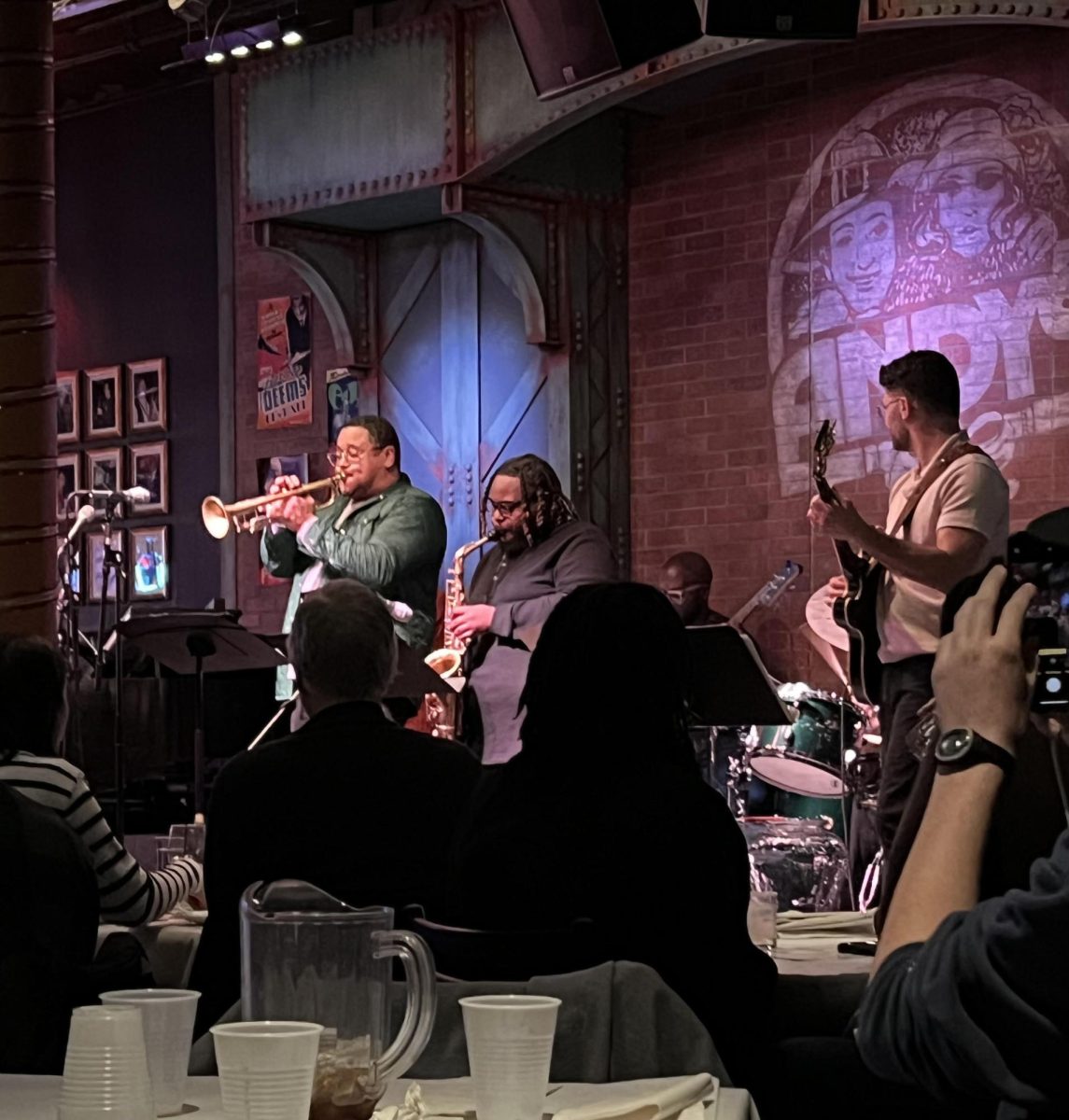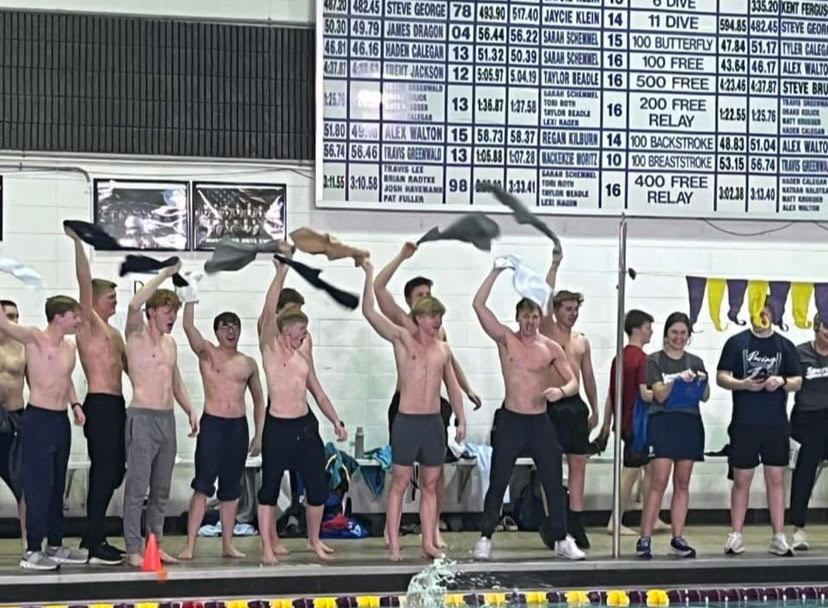In recent years, social media platforms have become powerful influencers in various aspects of our lives, including our reading habits. One such platform, an offshoot of TikTok known as BookTok, has gained significant traction among bibliophiles and casual readers alike.
While this community has undoubtedly brought attention to literature, there are growing concerns about its impact on the essence of reading itself, leading some to worry that BookTok might be inadvertently ruining the reading experience.
BookTok has a knack for turning books into trends. While this can lead to increased visibility for certain titles, it also creates a culture where readers feel pressured to read what’s popular rather than what genuinely interests them.
This trend-driven approach can undermine the individuality of reading preferences and detract from the joy of discovering lesser-known gems. As a result, readers may be exposed to a limited range of literature, missing out on the richness of cultural perspectives and unique storytelling styles. This homogenization of recommendations can hinder literary exploration and stifle the discovery of unconventional narratives.
Senior Brie Howell has found that BookTok tends to be primarily focused on the romance genre.
“BookTok comes in handy when I am looking for new books, but it’s difficult to find recommendations that aren’t romance books. I find myself wishing that influencers would promote more diverse genres and narratives,” Howell said.
Embracing a variety of genres broadens one’s understanding of the human experience. While romance novels may provide insight into the complexities of relationships and love, exploring genres like science fiction, fantasy, mystery, or historical fiction can offer unique lenses through which to view the world. Each genre presents its own set of themes, characters and settings, fostering a deeper appreciation for the diversity of human existence.
English teacher Jessica Scadden believes that it is important for readers to seek out a wide variety of genres.
“It’s better to be reading something than to read nothing, but when you explore other genres often you find things you don’t find in your preferred genre. For example, if you like romance, you’ll find a lot of relationships but you might be missing out on adventure. You lack certain experiences and maybe aren’t able to develop empathy for certain people or certain situations,” Scadden said.
BookTok influencers aren’t just impacting what books people choose to read, they are also impacting how people interact with what they read.
The fast-paced nature of social media encourages quick consumption and instant gratification. On platforms like BookTok, where users share brief snippets and recommendations, the depth of engagement with literature can be compromised. Instead of delving into the nuances of a book, book reviewers and readers alike may prioritize quantity over quality, skimming through titles without truly immersing themselves in the narrative.
Lately, it has started to seem like BookTokers have become more fond of buying trendy books and showing them off than actually reading. This common occurrence points towards the commercialization of reading.
Barry Pierce, GQ writer and a former member of BookTok’s predecessor platform BookTube, believes that the commercialization of reading led to the eventual downfall of BookTube.
“[BookTubers would] receive boxes upon boxes of books that they’d then ‘haul’ (basically, just show off) and then you’d never see those books mentioned again. The act of reading became replaced by the act of being a reader. Actual reviews became few and far between and many of the smaller, genuine readers on the platform jumped ship,” Pierce explained.
It seems like BookTok is quickly moving towards BookTube’s fate.
A recent BookTok trend challenged readers to turn around all of the unread books on their shelves. Influencer Christine, also known as @myfictionaldays on TikTok, had a total of 69 unread books in her collection.
Another trend popularized in 2023 challenged readers to wrap all of their unread books in paper. BookTok creator Lorna, also known as @readwithlorna on TikTok, had over 150 unread books as of the video she made in October of 2023, garnering over 1.4 million views.
As this trend of commercialization inevitably continues, readers need to become more conscious of just how much they allow BookTok to influence them.
BookTok’s influence extends beyond book recommendations to shaping readers’ interpretations and opinions. With viral reviews and reactions shaping public discourse, there’s a risk of diminishing critical thinking skills. Rather than forming their own informed judgments, readers may passively adopt the opinions of influencers, stifling intellectual curiosity and independent analysis.
Librarian Carissa McDonald thinks that it is important for readers to find a balance between interpreting texts based on influencers’ opinions and their own opinions.
“Some people really look to reviews or advice from other people whether it’s their friend, an influencer or a librarian… It is important that people independently dig in, I think a healthy balance of both is good. If you’re only reading what one person is suggesting, it’s like that filter bubble that you have in all of your social media. You’re just getting one person’s perspective… It’s limiting for sure,” McDonald explained.
While BookTok undoubtedly serves as a platform for celebrating literature and fostering community among readers, its influence comes with caveats. The trend-driven culture, surface-level engagement and homogenized recommendations threaten to dilute the essence of reading, turning it into a performative activity rather than a deeply personal journey of exploration and discovery.
To preserve the integrity of the reading experience, it’s essential for readers to balance their online interactions with genuine introspection and independent exploration of literature beyond the confines of social media trends.



